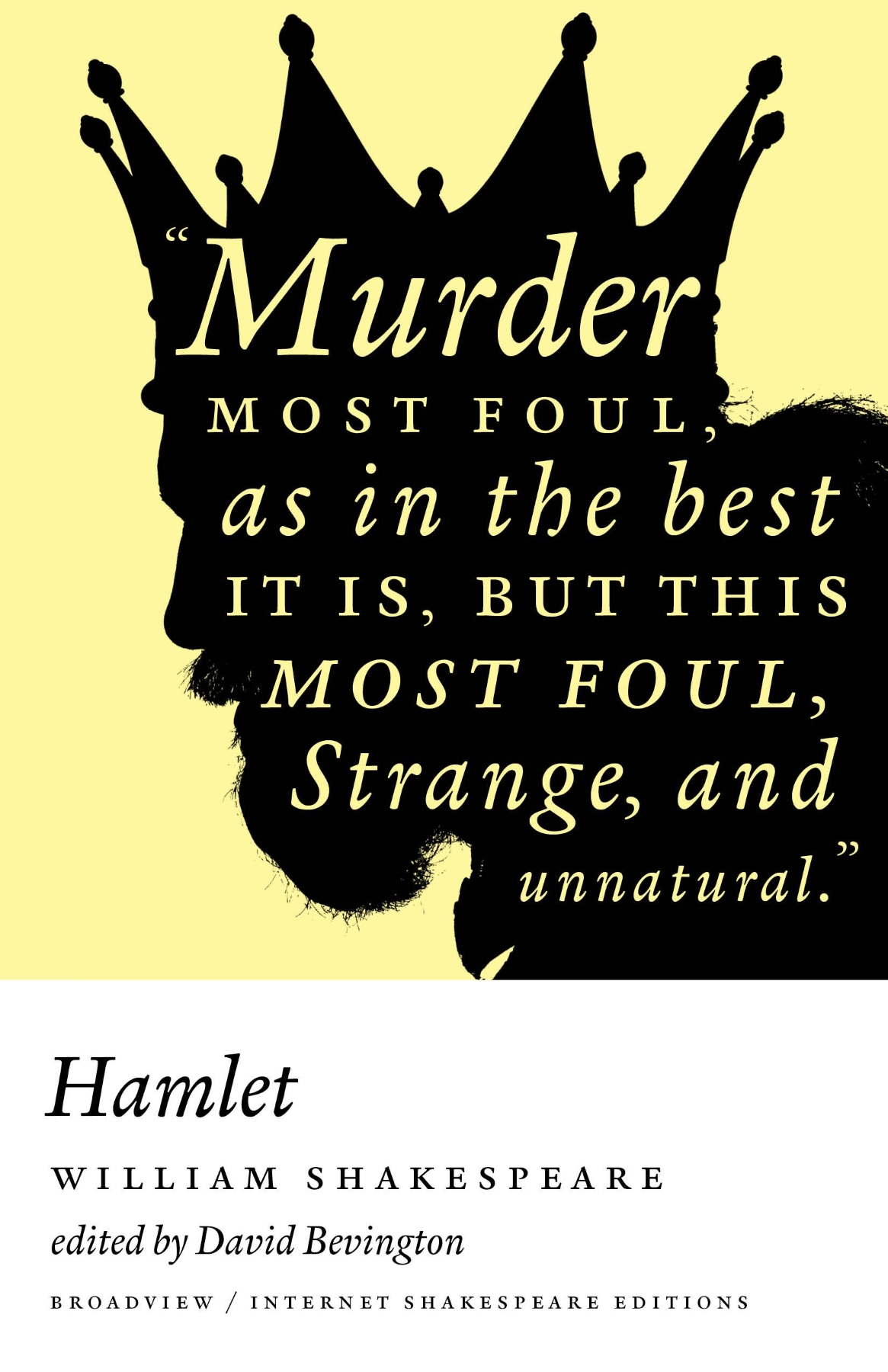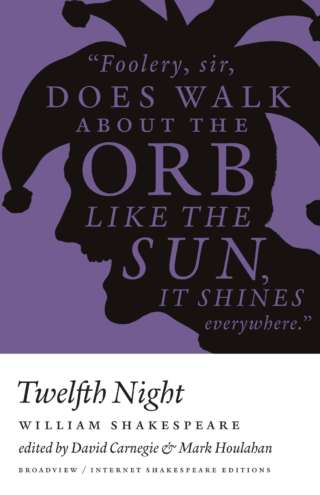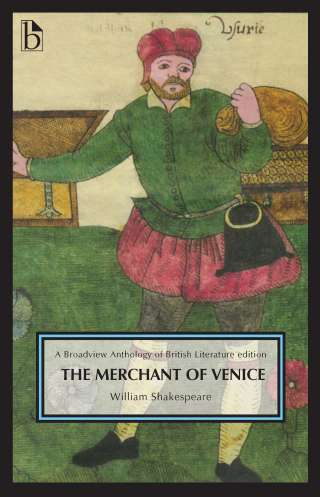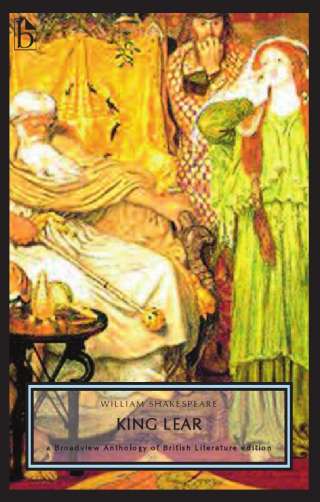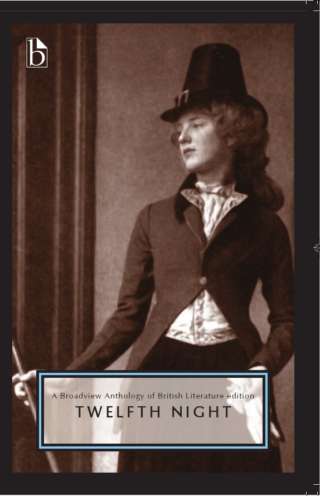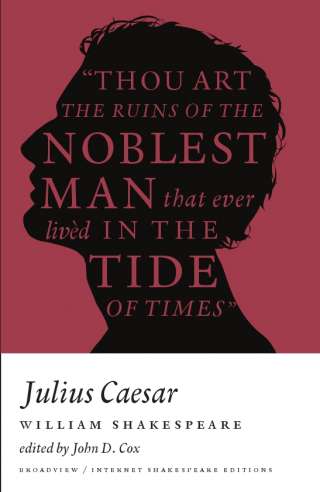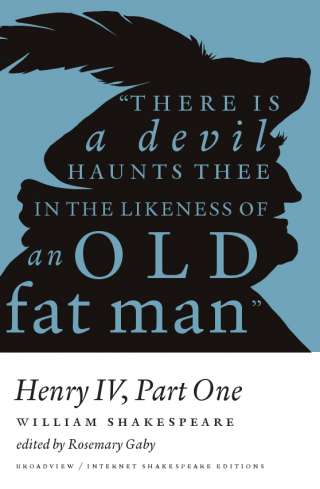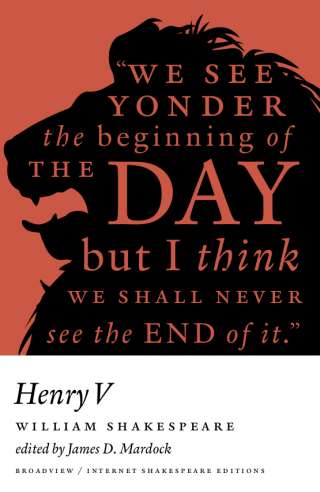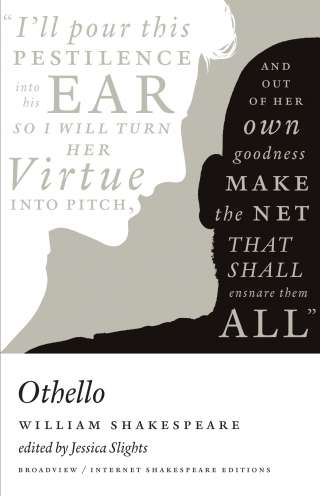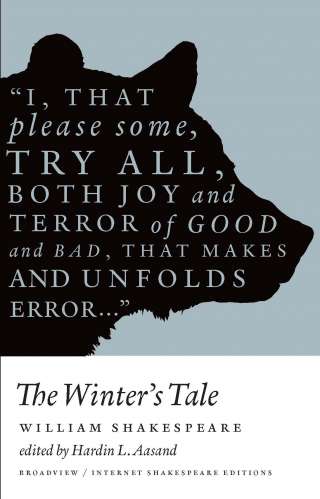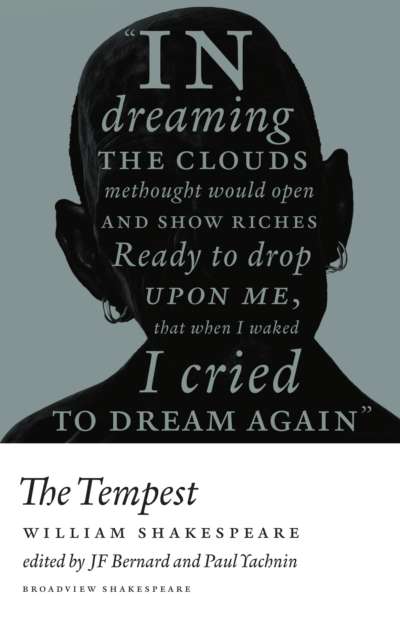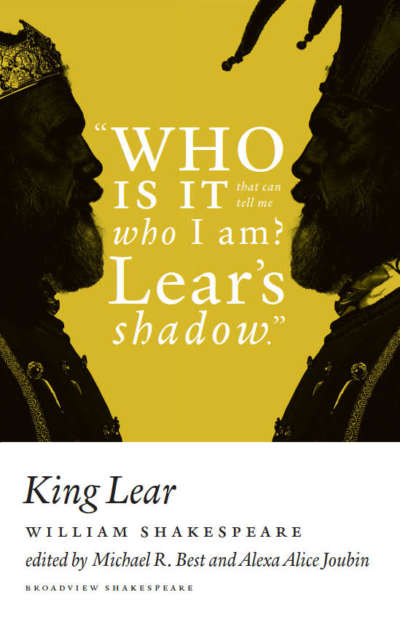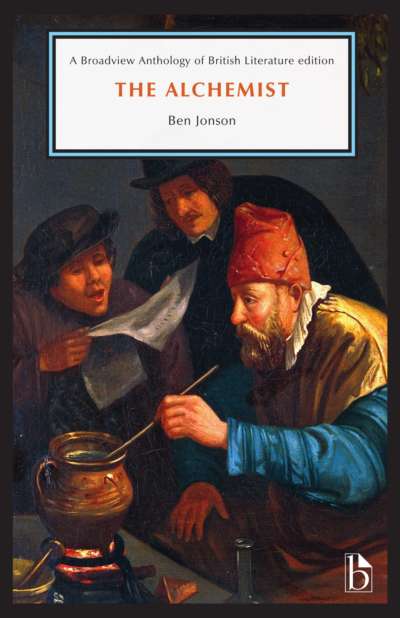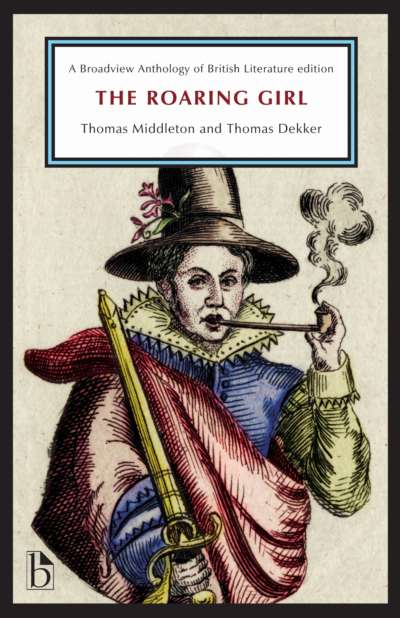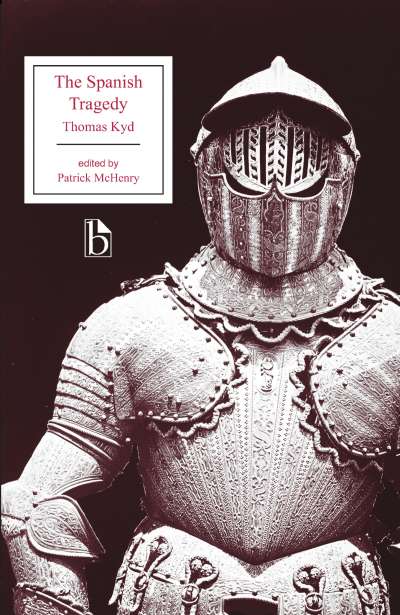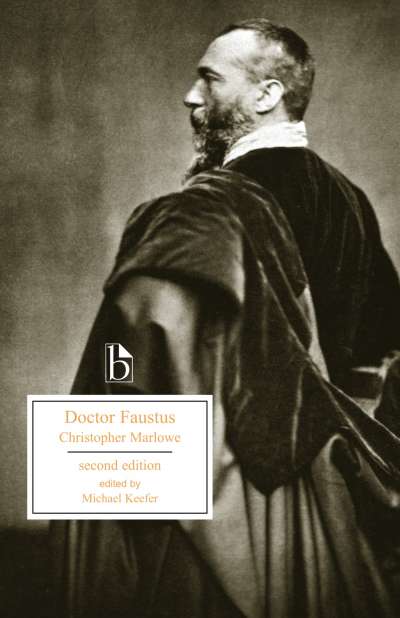
In the introduction to this new edition, David Bevington explores some key dilemmas and puzzles in this most famous of Shakespeare’s tragedies. What is the role of providence in a work with pagan sources? How does Hamlet comment on dramatic art in his play within a play? What are the moral ambiguities of seeking revenge?
The introduction also traces the history of Hamlet criticism and performance from 1604, when critic Anthony Scoloker said that the play “should please all,” to the 2015 production starring Benedict Cumberbatch. Appendices offer key sources, an analysis of gender issues in the play, and textual variants from Quarto 1.
A collaboration between Broadview Press and the Internet Shakespeare Editions project at the University of Victoria, the editions developed for this series have been comprehensively annotated and draw on the authoritative texts newly edited for the ISE. This innovative series allows readers to access extensive and reliable online resources linked to the print edition.
Comments
“This new edition of Hamlet, introduced and edited by David Bevington, one of our greatest contemporary Shakespeare scholars, brings a lifetime of learning to this masterpiece of world drama. Readers of this attractively illustrated edition will be particularly pleased by the attention it lavishes on presenting not only a credible text but also one enhanced by its authoritative commentary on the play and its meaning, sources, allusions, and place in Shakespeare’s career.” — James P. Bednarz, author of Shakespeare and the Poets’ War, Long Island University
“David Bevington has prepared an ideal edition of Hamlet for contemporary readers. Used in conjunction with the extensive online resources of the Internet Shakespeare Editions, this text enables comparisons between the quarto and folio versions of Hamlet; its copious notes, illustrations, and contextual materials provide outstanding guidance for anyone wishing to explore the theatrical and critical histories of the play. With his judicious treatment of Hamlet’s sources, his careful attention to biblical and classical allusions, and his finely honed sense of what matters most to students of Shakespeare, Bevington gives us a no-nonsense Hamlet, illuminating from cover to cover.” — William M. Hamlin, Washington State University

